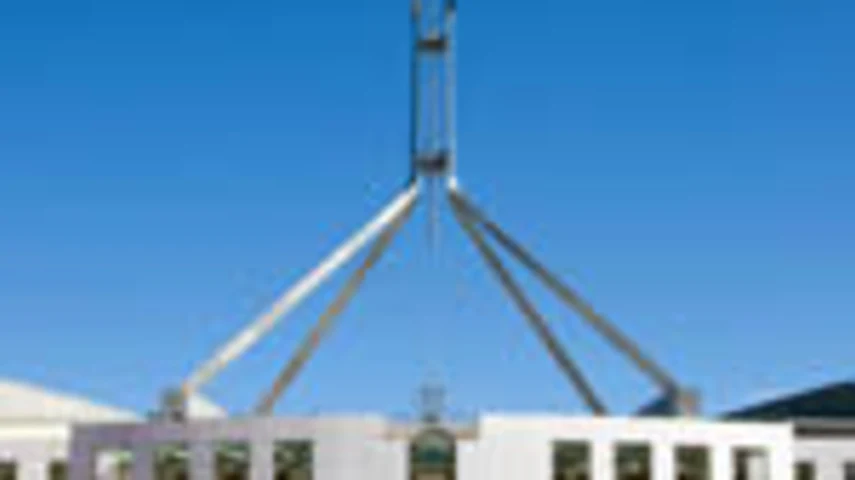Auto-consolidation is an issue for superannuation fund members



Auto-consolidation of superannuation accounts may be an admirable objective but it should not be pursued in the absence of member consultation and choice.
At first blush the auto-consolidation of multiple superannuation accounts would appear a sensible and economically effective move but there are many potential pitfalls and the Government needs to ensure all the unintended consequences are appropriately eliminated.
There has been plenty of evidence available to the superannuation industry, and to successive Governments, that too many Australians hold multiple superannuation accounts and that many of those accounts are either substantially dormant or lost.
Initiatives such as Supertrace have made inroads, but progress has been limited by a highly mobile workforce and continuing high levels of superannuation disengagement.
Also fundamental to the high number of “lost” superannuation accounts has been the reluctance, until recently, of Governments to pursue the obvious use of the Tax File Number (TFN) system at the core of the taxpayer identification regime utilised by the Australian Taxation Office (ATO).
The recommendations of the Cooper Review, particularly the adoption of SuperStream, changed all of that by extracting from the Privacy Commission an acknowledgement that the use of TFNs was no big issue and then recommending the use of TFNs as the core superannuation identifier.
It followed that using TFNs, the ATO or some other Government agency would be in a position to notify Australians that they hold multiple superannuation accounts and the nature of those accounts.
According to the Association of Superannuation Funds of Australia (ASFA) the elimination of multiple accounts has the potential to save Australians up to $100 a year in fees.
However, the base-level and highly laudable recommendations of the Cooper Review around SuperStream then formed the basis for a push for auto-consolidation of superannuation accounts on the presumption that most Australians do not want to hold multiple superannuation accounts, and that it is not in their interests to do so.
This represents a dangerous presumption and one about which the Government needs to be extraordinarily careful in circumstances where there exists a growing body of evidence that amid the millions of people holding multiple superannuation accounts, a significant number choose to do so deliberately.
If anyone doubts the significance of this fact, then they need only examine a range of cases heard by the Superannuation Complaints Tribunal in which trustees have made presumptions about a fund member’s intentions, which have ultimately proved to be misinformed.
Then there is the question of whether a person holding multiple superannuation accounts is prepared to be auto-consolidated into a superannuation fund not of their choosing.
Neither the ATO nor a superannuation trustee can safely presume to know the preferences of members.
While the term “opt-in” has taken on some unfortunate connotations due to the Government’s pursuit of its Future of Financial Advice (FOFA) proposals, it would seem that, at the very least, Australians holding multiple super accounts should be given a chance to opt-out of auto-consolidation.
Further, if a superannuation fund member finds themselves auto-consolidated into a fund not of their choosing then the task of exiting the fund should not be made too difficult.
After years of attempting to have Australians engage with their superannuation and make decisions in their own best interests, the notion of auto-consolidation sits with that of MySuper in actually encouraging disengagement, which might ultimately lead to detrimental outcomes.
Notwithstanding the significant bureaucracy involved, auto-consolidation can only work effectively and without detriment to individual superannuation fund members if they are fully informed of the status or their multiple accounts and given an opportunity to make decisions based on that information.
The Government should not lose sight of the fact that superannuation accounts ultimately belong to the members and that superannuation fund trustee boards ultimately hold those accounts in trust consistent with the provisions of the relevant legislation.
Auto-consolidation is not without its merits, but it is not something that should be activated without members being able to opt-out. Where best endeavours to contact members fail, or where those members remain silent, it follows that auto-consolidation may ultimately be justified.
Recommended for you
High risk, high return assets will become dangerous options for superannuation funds under the Federal Government’s planned $3 million superannuation changes, writes Brad Twentyman.
Economic policy can no longer ignore the macroeconomic impacts of Australia's superannuation system and the emerging policy implications, writes Tim Toohey.
In an age where climate concerns and social consciousness dominate headlines, it’s no surprise that investors are increasingly seeking investments that align with their values, writes Simon O’Connor.
How profit-for-member superannuation funds can embed 'commerciality with a heart' and marry a member-first culture with commercial outcomes.










